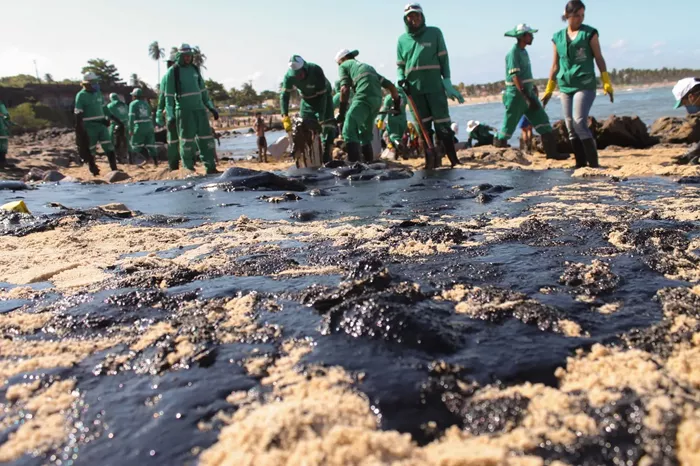As global demand for uranium surges due to a renewed interest in nuclear energy, explorers are calling on Australian state governments to reconsider and lift existing bans on uranium mining. With almost one-third of the world’s known uranium ore deposits, Australia holds a significant position in the global uranium market, yet only two of its eight states and territories currently permit mining.
South Australia and the Northern Territory are the sole regions where uranium mining is operational. Despite this, the industry is constrained by environmental and safety concerns that have deterred other states from embracing uranium extraction. Presently, there are only two active uranium projects in South Australia.
The push for increased uranium production comes as prices for the mineral have more than tripled this decade, driven by anticipation of rising consumption. This surge in demand is linked to a global push for decarbonization, with major economies including the United States, Japan, and France among the 22 nations that pledged last year to triple their nuclear energy capacity by 2050.
The topic of uranium mining is set to be a key focus at the annual Diggers & Dealers conference, which commenced Monday in Kalgoorlie, Western Australia. The conference, a major event for resources executives and financiers, will address the future of uranium mining amid ongoing state-level restrictions. Western Australia, known for its mining heritage, imposed a ban on uranium mining in 2017, though it allowed four previously approved projects to proceed.
Jonathan Fisher, CEO of Cauldron Energy Ltd., a Sydney-based uranium explorer, criticized the bans as counterproductive. “The restrictions in states like Western Australia are nonsensical and jeopardize Australia’s ability to capitalize on the growing global demand for uranium,” Fisher stated in an interview before the conference. “Now is the time to remove these bans — there is a significant economic cost to maintaining them.”
Australia’s cautious approach to uranium mining has been influenced by historical environmental concerns. The legacies of the Chernobyl and Fukushima disasters, along with ongoing toxic leaks from the Ranger project operated by Rio Tinto Ltd. in the Northern Territory, continue to impact public perception and regulatory decisions.
Currently, Australia’s two operational uranium mines — BHP Group Ltd.’s Olympic Dam, where uranium is a byproduct of copper mining, and Boss Energy Ltd.’s Honeywell project — contribute approximately 9% of the world’s disclosed uranium output. While state governments are responsible for mining approvals, the federal government has yet to take significant steps to promote uranium mining despite its push for increased production of critical minerals essential for the energy transition.
A spokesperson for Federal Resources Minister Madeleine King affirmed the importance of Australia’s uranium industry in global energy security and the transition to net zero. However, they emphasized that decisions regarding uranium mining regulations are primarily the responsibility of state governments.
Related topics:



























